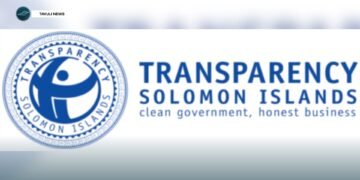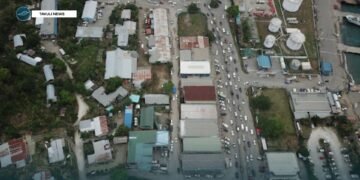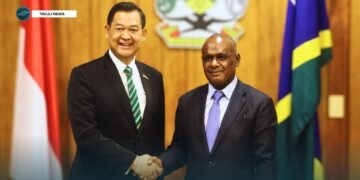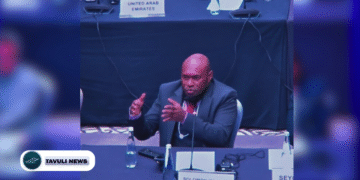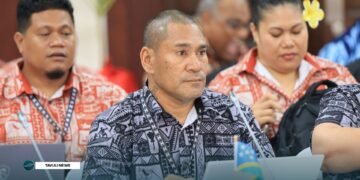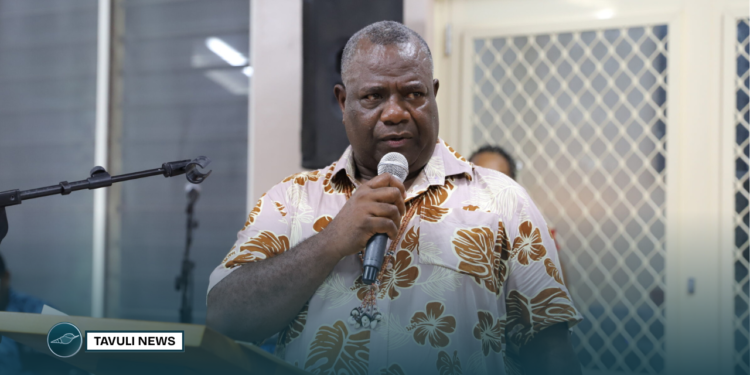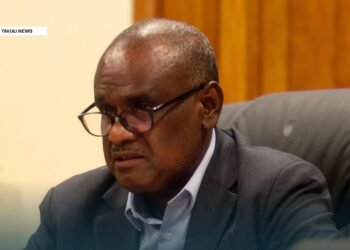Court upholds Tovosia’s SIWA Board appointments, affirming lawful ministerial actions in governance.
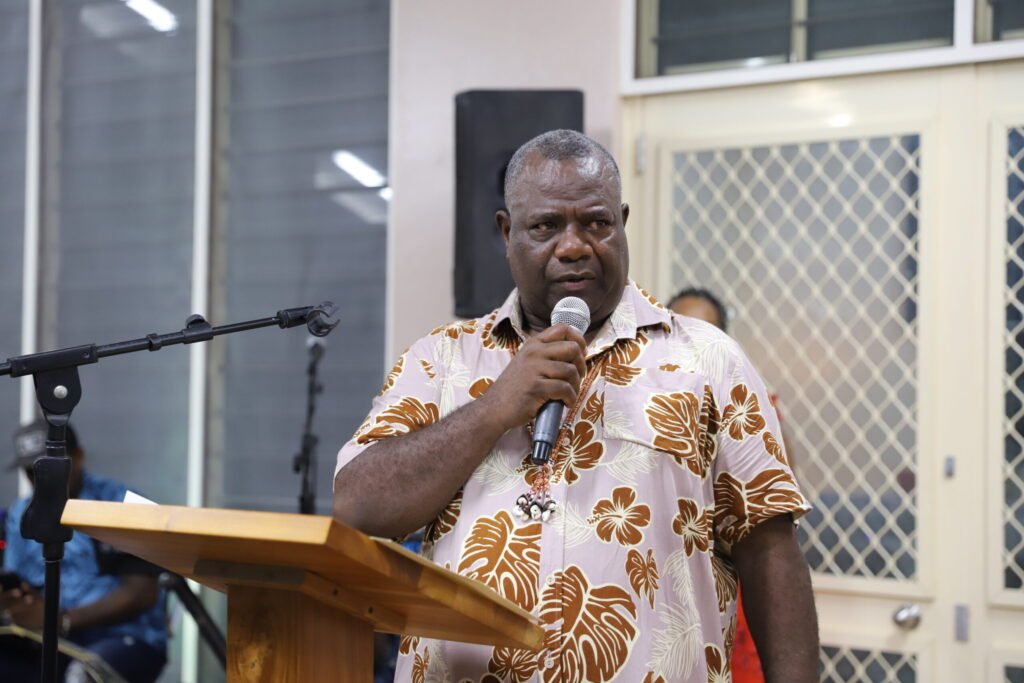
The Government for National Unity and Transformation (GNUT) welcomes the High Court’s decision to dismiss a civil claim brought against the former Minister for Mines and Energy, Bradley Tovosia, over his 2024 appointments to the Solomon Islands Water Authority (SIWA) Board.
This ruling marks the second time in recent months that the High Court has confirmed the lawfulness of decisions made by Tovosia during his ministerial tenure. In April 2025, the Court upheld his earlier 2021 decision to cancel the mining lease held by Asia Pacific Investment Development (APID) Limited over West Rennell. The lease cancellation was based on findings of serious breaches of the Mines and Minerals Act and related agreements, including failure to meet license conditions and environmental responsibilities. APID challenged the decision in court, but the Court ruled that the Minister had acted within his legal authority in revoking the lease.
Together, these rulings affirm that Tovosia has exercised his ministerial powers in accordance with the laws of Solomon Islands, particularly in decisions involving statutory appointments and natural resource governance.
In the SIWA case, Peter Kenilorea Jnr., Member of Parliament for East A‘are‘are and Leader of the Independent Group, alleged that the then Minister responsible for SIWA, Tovosia, had acted beyond his authority by appointing more than two public officers to the SIWA Board.
In a comprehensive judgment, Chief Justice Sir Albert Palmer ruled that the appointments were lawful and that the claim disclosed no reasonable cause of action. The Court accepted submissions from the Attorney-General, on behalf of the Government, and legal counsel for SIWA. It concluded that the Claimant lacked the legal standing required to bring the case, and that the claim was frivolous and an abuse of court process.
At the heart of the dispute was the interpretation of a provision in the SIWA Act which requires that “two shall be public officers” among the Minister’s five appointees. The Claimant interpreted this as imposing a maximum limit on public officer
SOURCE: PMO PRESS





